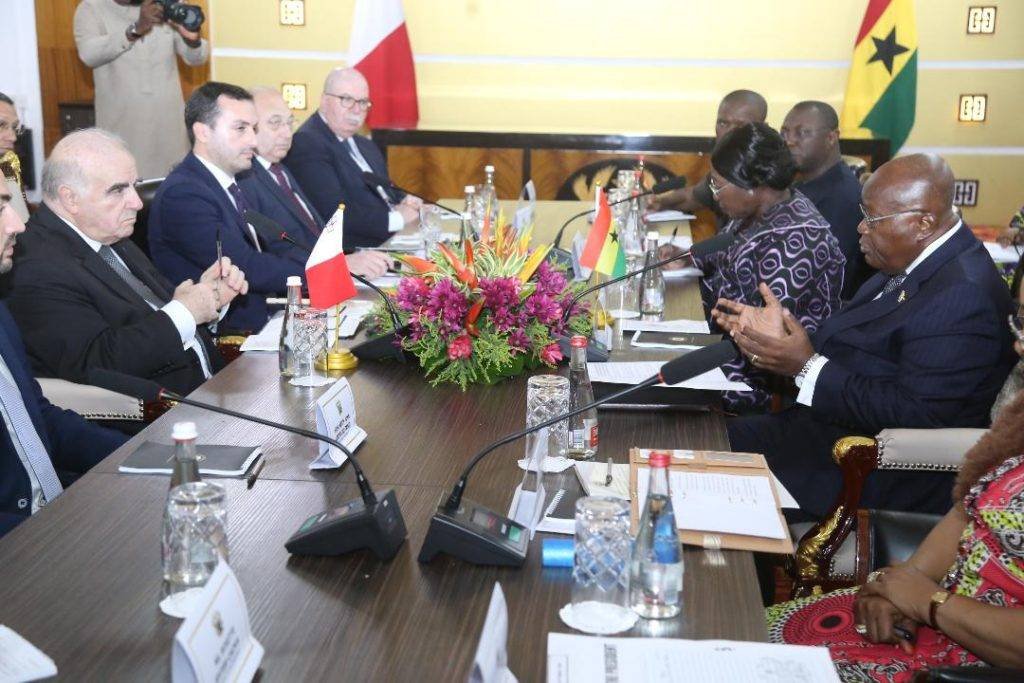
By Joshua Worlasi AMLANU & Ebenezer Chike Adjei NJOKU
The Ghana Stock Exchange (GSE) has called on government to introduce fiscal incentives and structural reforms to deepen liquidity in the capital market and attract more long-term investors, as the country’s fixed-income market rebounds from the 2023 debt exchange shock.
Speaking at the Ghana Fixed Income Market’s (GFIM) 10th anniversary celebration in Accra, GSE Managing Director Abena Amoah said while the market has shown remarkable recovery, more deliberate policy support is needed to sustain growth.
She urged policymakers to approve the listing of viable state-owned enterprises (SOEs), restore tax incentives and promote corporate debt issuance to expand investment opportunities.
“The Ghana Stock Exchange has been among Africa’s best-performing exchanges over the past two years. But to soar higher, we need the right support – from policymakers, regulators and market participants,” Ms. Amoah said.

She appealed for Cabinet approval of SOE listings to raise capital and improve corporate governance – and a review of capital gains tax on listed securities back to zero to attract more investors. She also called for incentives so multinationals will localise ownership through the exchange, as well as promoting bond-backed public-private partnerships and municipal bond issuances to finance infrastructure.
According to her, the next decade of GFIM will focus on “greater product innovation, deeper technology integration, stronger retail participation and Ghana’s emergence as West Africa’s fixed-income hub”. The exchange aims to increase the number of individual securities account holders from 2 million to 10 million and expand corporate debt issuers from 14 to more than 100 through technology and market reforms.
The Ghana Fixed Income Market, established in 2015, has evolved into one of sub-Saharan Africa’s most transparent and liquid bond markets. Trading volumes have grown from GH¢5.2billion at inception to GH¢230billion in 2022 before falling sharply to GH¢98billion in 2023 amid the Domestic Debt Exchange Programme. By October 2025 volumes had rebounded to GH¢214million, a sign of renewed confidence.
“This is not just recovery; it is a testament to the strength of our foundations and the trust our stakeholders continue to place in this market,” Ms. Amoah said.
She linked the market’s progress to Ghana’s broader development agenda, noting that every transaction on GFIM tells a story of financing – from roads and factories to education and healthcare. “Through GFIM, we have not only been trading bonds but also financing Ghana’s future,” she added.
Bank of Ghana Governor Dr. Johnson Pandit Asiama, who also addressed the event, said the fixed-income market remains central to Ghana’s financial stability and development. He described the GFIM as a “bridge between savings and investment” and noted that cumulative trading has now surpassed GH¢1.2trillion in its first decade.
“The fixed-income market does more than raise funds; it measures trust. Every trade reflects confidence in fiscal and monetary policy,” Dr. Asiama said.
He credited improved macroeconomic indicators for the rebound in market activity, citing inflation falling from 54 percent to 8 percent, a 35 percent appreciation in the cedi year-to-date and reserves now covering nearly five months of imports.
He added that the recent rebound in trading volumes demonstrates investors’ renewed confidence in Ghana’s economic management.
Dr. Asiama however cautioned that the market’s structure still shows gaps, with government securities dominating activity while corporate issuance remains limited. He urged greater market depth and diversity to sustain resilience, calling for the operationalisation of repurchase agreements and securities-lending frameworks to enhance liquidity.
“Our issuer base must widen. So far, corporates have raised about GH¢24billion through GFIM – a commendable start, but from only a handful of issuers,” he noted.
He said pension funds, which now hold more than GH¢90billion in GFIM assets, represent patient capital that can be channelled into productive use through credit-enhancement tools and guarantees. GSE’s plan to launch an academy that prepares companies and boards for market access, he said, shows that “market deepening is moving from plan to practice”.
Dr. Asiama also outlined the Bank of Ghana’s commitment to building a fully digital bond ecosystem linking GFIM with the Ghana Interbank Payment and Settlement System (GhIPSS) and the Real Time Gross Settlement (RTGS) platform for straight-through processing.
“If trading volumes can rebound by over GH¢100billion within two years after crisis, then a deeper, more digital and more diversified market is not an ambition, it is our next logical step,” he said.
Both the central bank and GSE leadership reaffirmed Ghana’s ambition to become a regional benchmark for transparency and innovation under the African Continental Free Trade Area (AfCFTA) framework.
“With the right fiscal incentives, Ghana’s capital market can truly become the market for capital – the engine that powers the country’s transformation,” Ms. Amoah said.
The post GSE Pushes for fiscal incentives to deepen capital market liquidity appeared first on The Business & Financial Times.
Read Full Story
















Facebook
Twitter
Pinterest
Instagram
Google+
YouTube
LinkedIn
RSS